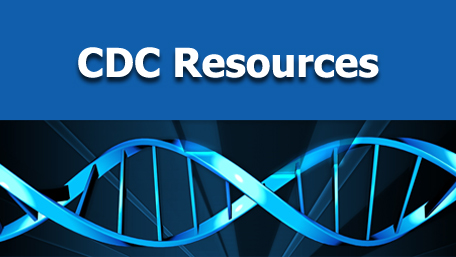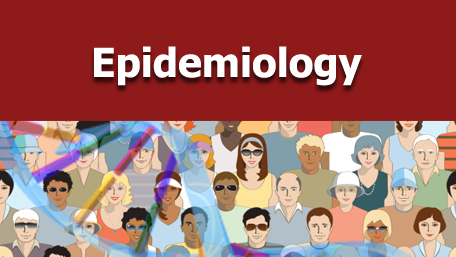Cancer Res Treat. 2016 Sep 13. doi: 10.4143/crt.2016.292. [Epub ahead of print]
Clinically Significant Unclassified Variants in BRCA1 and BRCA2 Genes Among Korean Breast Cancer Patients.
Abstract
PURPOSE:
METHODS:
RESULTS:
CONCLUSION:
KEYWORDS:
BRCA1; BRCA2; Familial breast cancer; Unclassified variants
- PMID:
- 27658390
- DOI:
- 10.4143/crt.2016.292
- [PubMed - as supplied by publisher]
Public Health Genomics Knowledge Base (v1.2)


Last Updated: Sep 29, 2016
- BRCA mutations and survival in breast cancer: an updated systematic review and meta-analysis.
Zhu Yaning, et al. Oncotarget 2016 9 - Clinically Significant Unclassified Variants in BRCA1 and BRCA2 Genes Among Korean Breast Cancer Patients.
Yoon Kyong-Ah, et al. Cancer research and treatment : official journal of Korean Cancer Association 2016 9 - Prevention and screening in BRCA mutation carriers and other breast/ovarian hereditary cancer syndromes: ESMO Clinical Practice Guidelines for cancer prevention and screening.
Paluch-Shimon S et al. Annals of oncology : official journal of the European Society for Medical Oncology / ESMO 2016 Sep 27(suppl 5) v103-v110 - BRCA Share
- BRCA Share: A Collection of Clinical BRCA Gene Variants.
Beroud Christophe et al. Human mutation 2016 Sep - Occult and subsequent cancer incidence following risk-reducing surgery in BRCA mutation carriers.
Zakhour Mae, et al. Gynecologic oncology 2016 9 - Overall survival in patients with platinum-sensitive recurrent serous ovarian cancer receiving olaparib maintenance monotherapy: an updated analysis from a randomised, placebo-controlled, double-blind, phase 2 trial.
Ledermann Jonathan A, et al. The Lancet. Oncology 2016 9 - Want A BRCA Test? Some Insurers Require Genetic Counseling First
M Andrews, NPR, September 14, 2016 - Bilateral Oophorectomy and Breast Cancer Risk in BRCA1 and BRCA2 Mutation Carriers.
Kotsopoulos Joanne et al. Journal of the National Cancer Institute 2017 Jan 109(1) - Finding all BRCA pathogenic mutation carriers: best practice models.
Hoogerbrugge Nicoline et al. European journal of human genetics : EJHG 2016 Sep S19-26 - Mutational signatures in esophageal adenocarcinoma define etiologically distinct subgroups with therapeutic relevance.
Secrier Maria, et al. Nature genetics 2016 9 - BRCA testing within the Department of Veterans Affairs: concordance with clinical practice guidelines.
Chun Danielle S et al. Familial cancer 2016 Sep - Effect of decision aid for breast cancer prevention on decisional conflict in women with a BRCA1 or BRCA2 mutation: a multisite, randomized, controlled trial.
Metcalfe Kelly A et al. Genetics in medicine : official journal of the American College of Medical Genetics 2016 Sep - Neoplastic cellularity is associated with clinical and molecular features of high-grade serous ovarian carcinoma.
Morse Christopher B, et al. Gynecologic oncology 2016 8 - BRCA-associated protein 1 mutant cholangiocarcinoma: an aggressive disease subtype.
Al-Shamsi Humaid O, et al. Journal of gastrointestinal oncology 2016 8 (4) 556-61


- Human (47)
- Pathogen (0)

- Human (485)
- Pathogen (0)

- Human (141)
- Pathogen (0)


- Huamn (27)
- Pathogen (0)





















.png)












No hay comentarios:
Publicar un comentario